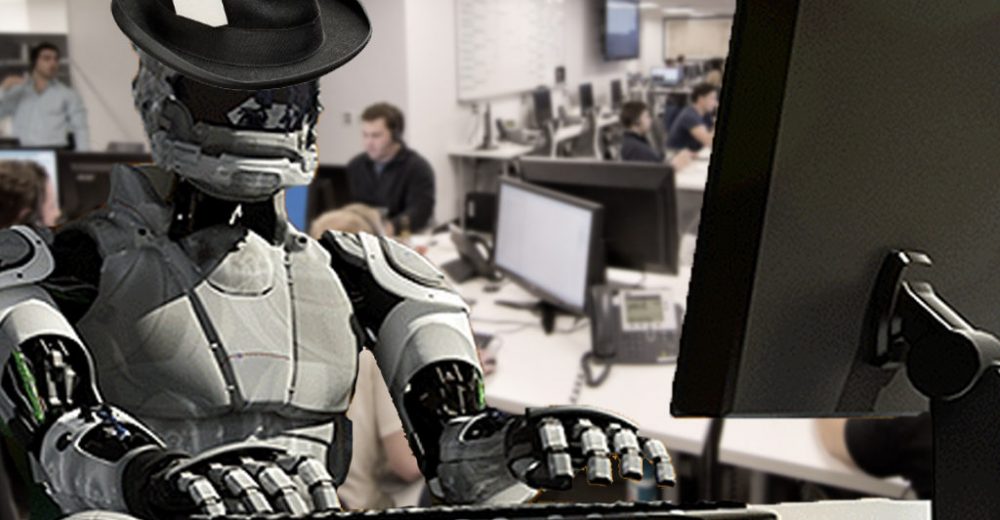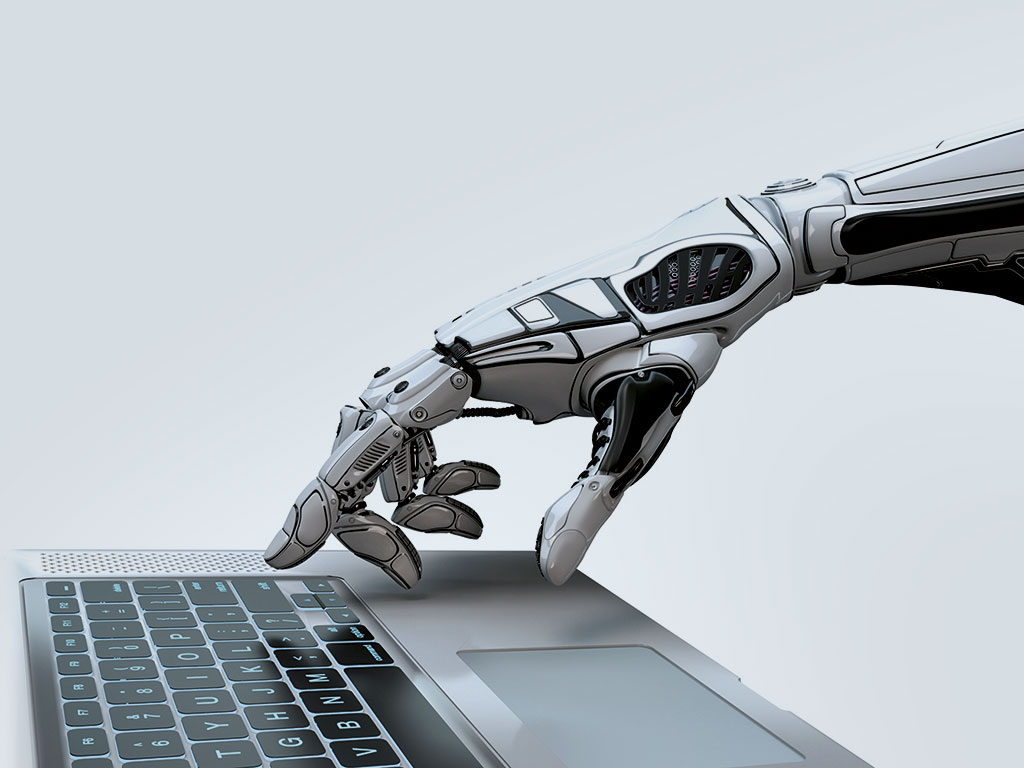Artificial intelligence and Journalism
September 6th marked the beginning of the 15th edition of the International Festival of Mediterranean Journalists, held in Otranto. One of the key themes of the festival was artificial intelligence (AI) and its impact on journalism. As automation advances in newsrooms, there is growing concern that AI could replace, at least partially, human work, compromising the integrity of information. So, what future awaits journalism in the age of AI?
Artificial Intelligence and the Crisis of Truth
Cosimo Accoto, a tech philosopher affiliated with MIT, has opened a debate on the role of truth in this new panorama. If previously a photograph was considered a symbol of reality, today AI can generate images so realistic that they mislead us. The challenge concerns not only images but also texts, once an exclusive human prerogative. This implies that AI can alter not only our perception of reality but also our concept of truth.
Law, Responsibility and AI
Giulio de Simone, professor of criminal law, touched on the delicate topic of the legal responsibility of fake news in an era of advanced AI. It's tricky to assign blame when a machine makes independent decisions. The only way to address this problem might be to create “machines that control machines,” thus ensuring some sort of automated quality control.
The Human and the Machine: A Possible Coexistence?
Stefano Cristante, communication sociologist, underlined that the world of journalism must inevitably adapt to AI. Already today, ignoring the pervasive presence of AI is imprudent; tomorrow could be dangerous. The objective should be to control the "generative creativity" of machines, so that the human element is not excluded.
Journalism, Justice and Artificial Intelligence
In the final interview, Deputy Minister of Justice Francesco Paolo Sisto discussed the difficult relationship between justice, truth and the role of the journalist in the age of AI. These issues are particularly relevant in light of recent legal reforms and the growing challenges posed by AI to the legal and media system.
Conclusion: A New Proofreader for the Digital Age
If in the history of written communication the proofreader has played a crucial role in ensuring the quality of information, today we are faced with the need for a "proofreader 2.0", capable of navigating the complex waters of AI. As in the transition from oral to written civilization, today too we are called to cultural innovation that allows us to face new challenges without being overwhelmed.
The discussion about AI and its impact on journalism is more relevant than ever. Each of us, from journalists to lawmakers, has a responsibility to understand and shape this shift, ensuring that artificial intelligence is an ally rather than an adversary in our ongoing commitment to accurate, unbiased information.






